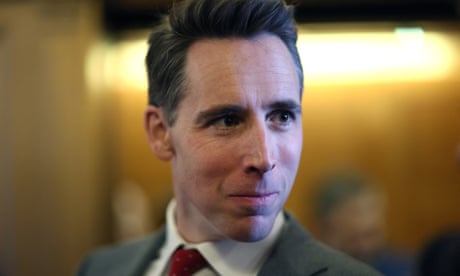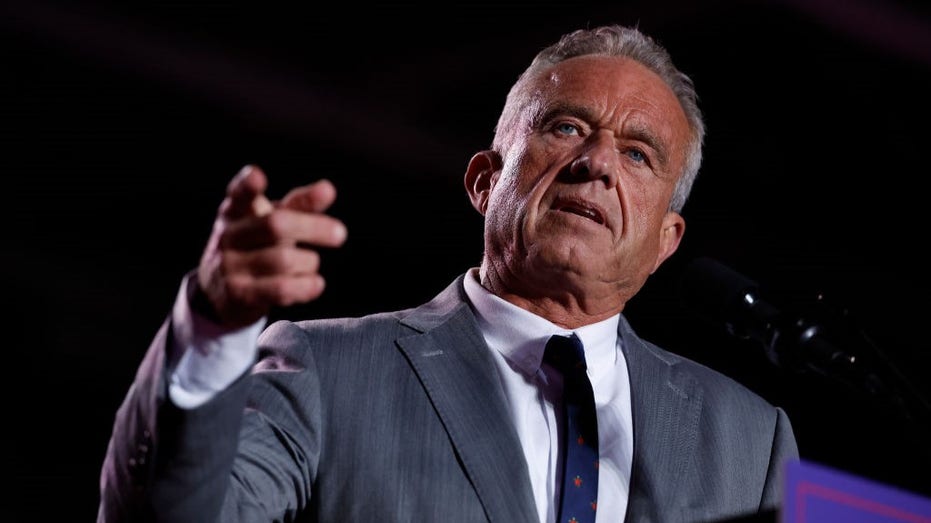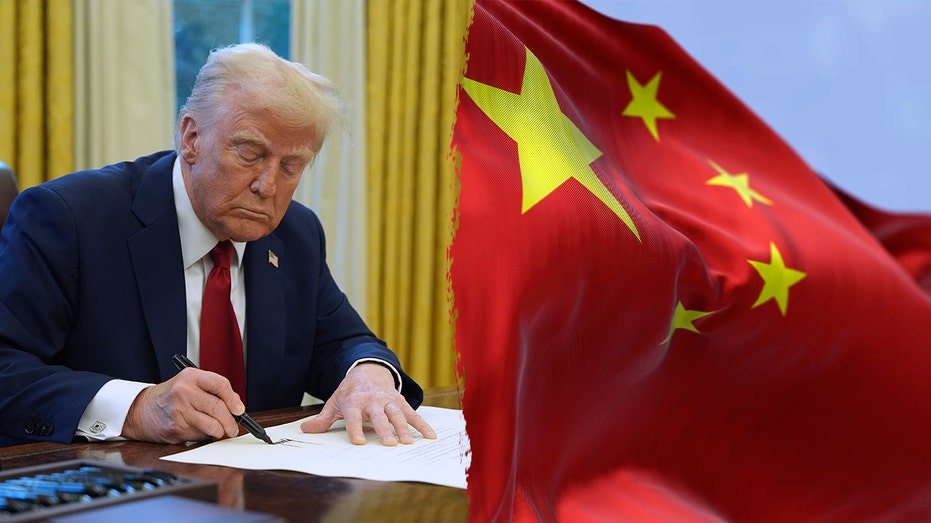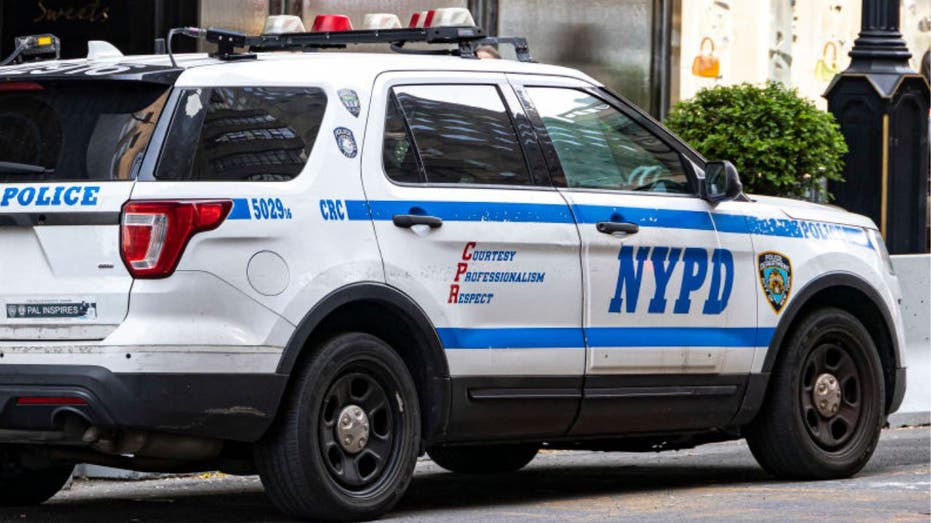- by foxnews
- 08 Apr 2025
America
America?s problem is massive inequality ? not ?woke? educated elites | Robert Reich
- by theguardian
- 12 Jun 2024
- in politics

More than a third of Harvard's graduating seniors are heading into finance or management consulting - two professions notable for how quickly their practitioners "make a bag", or make money, reports the New York Times.
Similar percentages show up in other prestigious universities.
Frankly, if anything, I'm surprised that only a third of graduating seniors at Harvard and similar places are heading into finance and consulting.
In this era of raging income inequality and billionaire robber barons, the bags are gigantic. At Goldman Sachs they start at $105,000 to $164,000. At McKinsey, $100,000 to $140,000.
And that's just the first year.
Think of it: make a bag and then do whatever you really want to do without ever again worrying about money. Make a bag and support whatever good causes you believe in without having to work at social change. Make a bag and you'll never have to grovel to those with wealth and power.
When I graduated Dartmouth College in 1968, almost no one I knew went into finance or consulting. In those days, inequalities were minuscule compared with now. The bags at that time could have fit into a glove compartment.
One of the least-discussed but most profound consequences of America's surging inequality is the number of talented young people now devoting themselves to making bags.
Remarkably, though, most talented young people are not yet in the bag.
For most of the last 43 years I've taught at several of America's most prestigious universities. The biggest change I've seen over the years isn't how starry-eyed students have become about finance and consulting.
It's how passionate they've become about making the world better.
Sure, I've noticed the mini-stampede into finance and consulting. But graduates out to make a bag are still the minority.
Most graduates are joining non-profits, entering politics or becoming community organizers, public defenders, teachers, healthcare workers, diplomats, staffers on congressional committees, union organizers and environmental activists.
The conservative columnist David Brooks bemoans this trend. In a recent column he laments that at elite universities "the share of progressive students and professors has steadily risen, and the share of conservatives has approached zero".
He cites a May 2023 survey of Harvard's graduating class showing 65% identifying as progressive or very progressive.
Why is this happening? Brooks thinks the gen Z cohort at prestigious universities is so tormented by the cognitive dissonance between their positions of privilege and their commitments to social justice that they must "prove to themselves and others" that they're "on the side of the oppressed".
It doesn't seem to have dawned on Brooks that, at least since the start of Donald Trump's presidency in January 2017, the meaning of "progressive" has shifted from someone who wants a more just society to someone who simply wants to preserve democracy.
To be a "progressive" at a prestigious university these days - indeed, to be a progressive anywhere in America - is no longer to be on the political left as the left used to be defined. It's to be on the side of the constitution, the rule of law, and a modicum of decency.
This is why so many more undergraduates and professors now deem themselves progressive.
I agree with Brooks that elite universities should dismantle arrangements that let the privileged members of society pass down their educational privileges to their children, while locking out most everyone else - for example, by ending affirmative action for legacies and calling on the private sector to remove college prerequisites for decent-paying jobs.
But Brooks and other conservatives are dead wrong about which elite is holding back the rest of America. It's not the educated class. It's the moneyed class.
America's corporate and financial elites have flooded American politics with money in order to receive government subsidies, bailouts, tax cuts and regulatory rollbacks - all of which ratchet up their wealth, entrench their power and make it harder for average working people to advance.
Trump and much of his Republican party are deploying criticisms of the educated class to pose as populists on the side of the people.
Consider Elise Stefanik, Harvard class of '06 and chair of the House Republican Conference, who doesn't miss an opportunity to attack elite universities and their presidents. Or Senator Josh Hawley, Stanford class of '02 and Yale Law '06, who calls the recent student demonstrations signs of "moral rot".
It's all a thinly veiled cover for their efforts to help the wealthy make even bigger bags while keeping everyone else - especially average workers - down.
At this moment, Republicans are promising the moneyed class that in return for financial backing in the upcoming election, they'll get an extension of Trump's 2017 tax cuts - which disproportionately boosted the wealth of big corporations and the rich - plus additional tax cuts and regulatory rollbacks.
This could expand the national debt by roughly $1tn over the next decade, rendering it impossible for the government to invest in things average Americans desperately need - such as childcare, eldercare, affordable housing, and, yes, affordable higher education.
Brooks thinks that if present trends continue, there will be a populist uprising - "a multiracial, multiprong, right/left alliance against the educated class".
For Brooks, the lesson is that the educated class must "seriously reform the system or be prepared to be run over".
He's wrong. The real lesson is we must reform the system created by the moneyed class - or be prepared to run the moneyed class over.
- by foxnews
- descember 09, 2016
Ancient settlement reveals remains of 1,800-year-old dog, baffling experts: 'Preserved quite well'
Archaeologists have recently unearthed the remarkably well-preserved remains of a dog from ancient Rome, shedding light on the widespread practice of ritual sacrifice in antiquity.
read more





